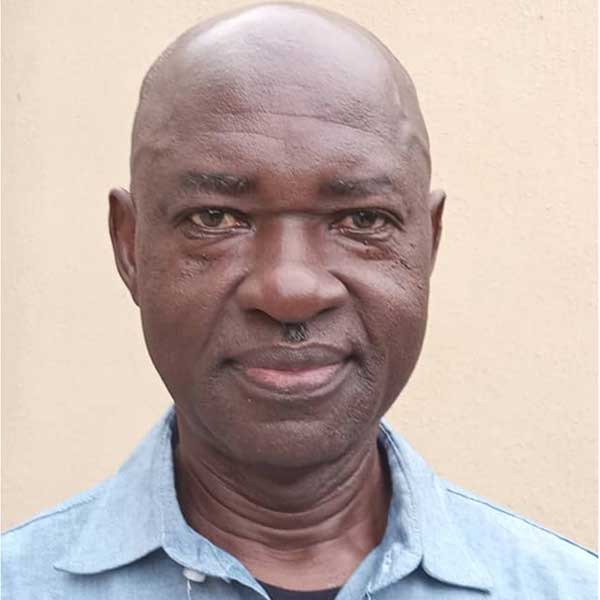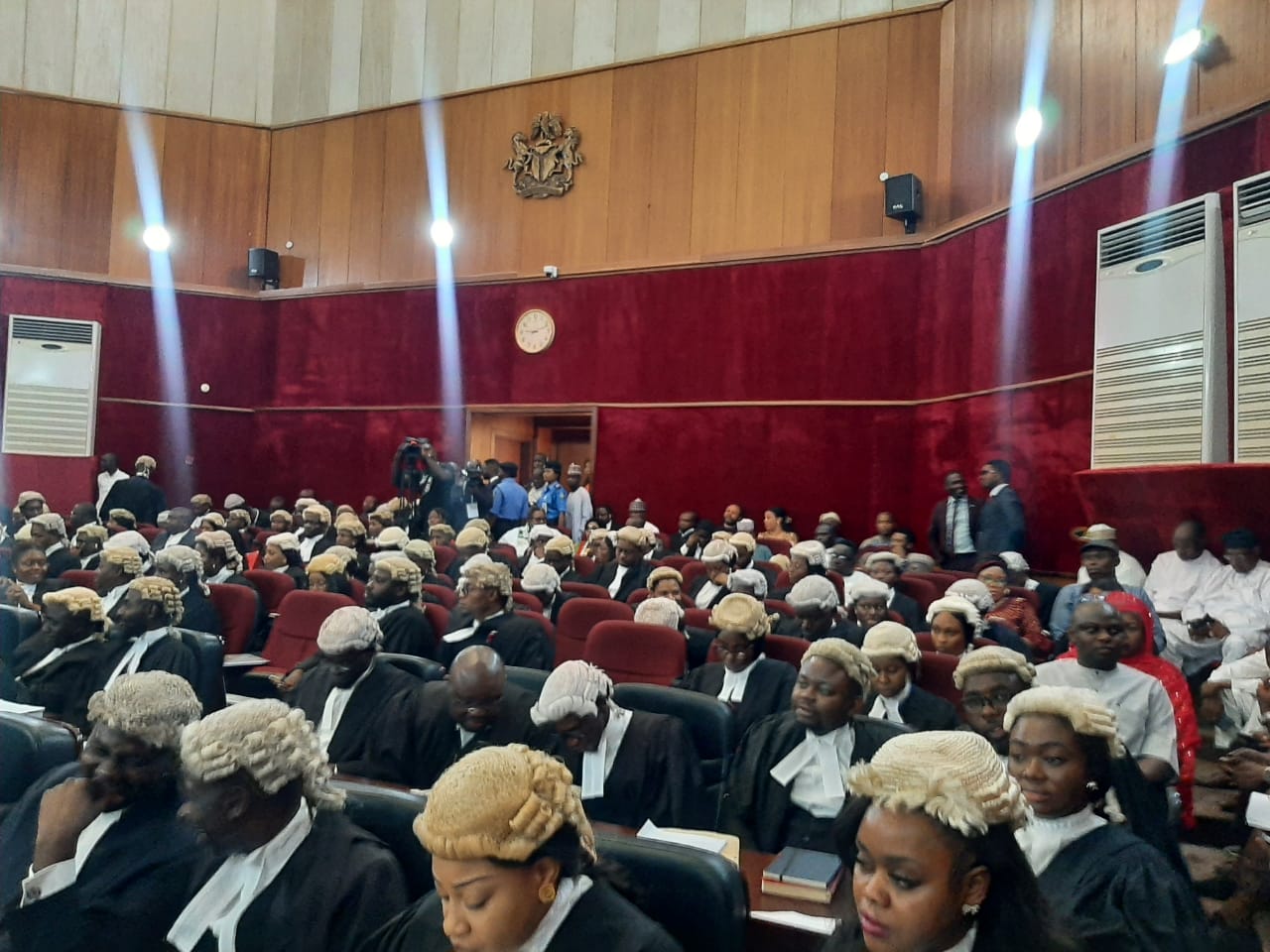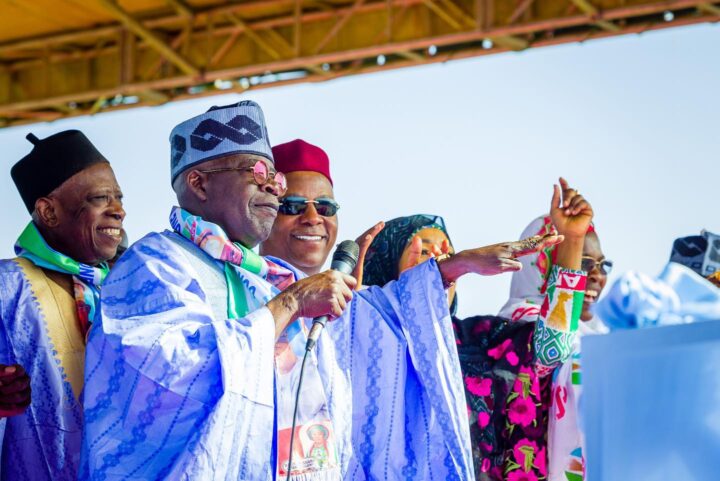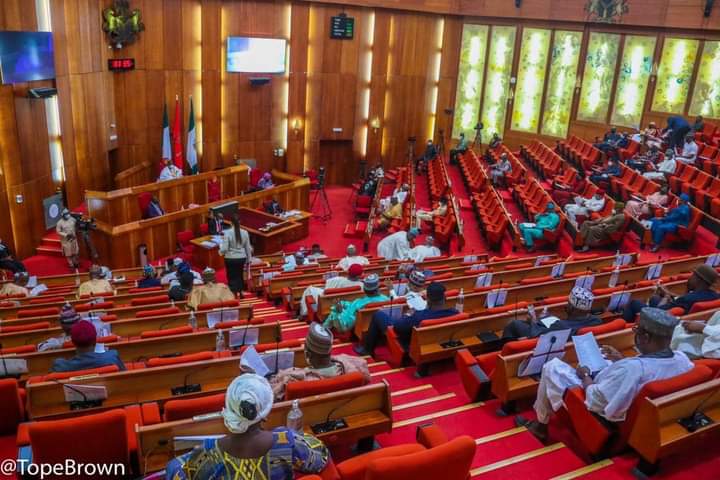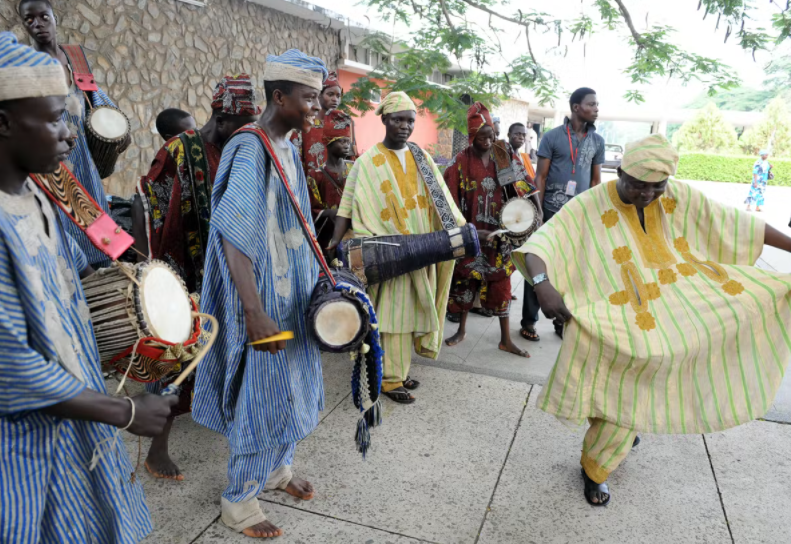Precisely nineteen days from today, President-elect, Senator Bola Ahmed Tinubu and his vice, Senator Kashim Shettima, would be sworn in at Eagle Square Abuja to assume the political headship of Nigeria. But whether they will continue on the job for the next four straight years shall depend on the outcomes of the processes that have just begun at the presidential election petitions tribunal.
Surely, having been declared winners by the Independent National Electoral Commission (INEC), Tinubu and Shettima deserve to cherish the approaching moment. So do their supporters and those who voted for them on February 25 this year. It’s also within the constitutional tasksof the president-in-waiting to getready to form the government that would take over seamlessly from that of President Muhammadu Buhari. Those most pained by the result of that poll have come to terms with these realities, I hope.
But then, the activities underway at the tribunal present something that’s equally valid and undeniable, and potentially upturning. Wazirin Atiku Abubakar of the Peoples’ Democratic Party (PDP), Mr. Peter Obi of the Labour Party (LP) who came second and third respectively in that outing, and three other contenders are praying the five-member body of eminent jurists to reverse the pronouncement of INEC. Abubakar and Obi specifically are laying claims to outright victory. Their lawyers, many of whom are senior advocates, are armed with what they consider to be concrete proofs of their clients’ successes in arguably one of Nigeria’s most keenly contested presidential elections. Persons who are persuading these two men to “sheathe the sword” have probably not critically thought of the implications of the figures announced by the commission at the end of that exercise.
Tinubu of the All Progressives Congress (APC) polled approximately 8.8million votes, Abubakar garnered 6.9million, while Obi received 6.1million. I can’t remember if the country had ever recorded such close numbers from any previous apex election. Truly, there can always be a first time. That truism would have sufficed in dissuading the plaintiffs, but for the shortcomings that are too loud to be ignored. We know that election malpractices of various degrees are not new here. As in the past, the last set of polls witnessed criminalities of different shades. It’d be difficult for any party to claim innocence in this regard. Even though the ruling party which, being in power, is viewed, understandably, as having a lopsided influence on INEC, security agencies, and access to larger war-chests, the opposing sides, not strangers to the game, do commit significant infractions of their own.
Advertisement
The poll in contention, however, paraded some peculiarities. The INEC carried out concerted campaigns just to assure the electorate of its readiness to conduct the nation’s all-time best general election. The kind of expectation that the people had no reasons to place in any government agency in recent times was, therefore, put in the Professor Mahmood Yakubu-led body. Unfortunately, nothing crushed that anticipation more that the failure of the multibillion-naira technology acquired to directly transfer results instantly to the central server from all the polling units scattered across the federation. Mysteriously, the same software didn’t fail to transmit the tallies of the senatorial and House of Representatives votes held simultaneously with the presidential ballot. Most of the election observers simply refused to believe in such coincidences and said so immediately. That some of them, like the Economic Community of West African States (ECOWAS), have recently tried to rephrase their earlier stand could be a function of necessity or opaque diplomacy.
There are indications that other issues which border on Tinubu’s credibility or eligibility will be cast on the table, in addition to the alleged voting and collation anomalies. That sounds like a buffet of intriguing fireworks ahead. People, especially those on the side of the winner who are irritated by the accusations against him and his electoral fortunes, should, at least, concede that the complainants who have behaved properly so far in leading their own followers on the path of peaceful objections, deserve respect and commendation. February and March are too close for stakeholders at home and outside the country to forget the heightened frustrations and disillusionment that followed INEC’s declaration in parts of the country. Not to mention the clear absence of worthwhile post-election celebrations. Actually, there were enough grounds for the types of carnage caused by the outcomes of the 2011 presidential poll. One could argue that the relative peace is indicative of the positive strides recorded since the current republic commenced in 1999. Though true, it also tells of the level of maturity being displayed by the opposition.
Their appreciable statesmanship has led to this hour when their political fate and indeed a sizable portion of our collective democratic chances are literally in the hands of few persons on the bench. And, thankfully, those individuals aren’t politicians. Since all humans are said to be political beings, the judges saddled with this adjudication can’t be denied the right to hold their own political views or even make personal choices of political office seekers. But as professionals, persons who first obtained the requisite academic qualifications and subsequently climbed through the ranks to get to their present elevated judicial positions, they should realise that the time to rise to be counted among the heroes of the nation’s democracy is now.
Advertisement
This isn’t too much to ask from the elite priests of the famed temple of justice. The assignment before the tribunal exceeds the mere “last hope of the common man” mantra. More importantly, it’s a call to salvage a nation in dire need of socio-political reassurance and rebirth. Only a disinterested, transparent and holistic approach to jurisprudence can achieve that at this critical point. For long, the Nigerian people have been grappling with the mostly political aspects of government. Many members and institutions of federal and state executives have fallen short of acceptable standards. And the legislators have allowed themselves to be overwhelmed by a largely imperial executive branch. Fallouts of these pitiable phenomena include growing trust deficit between government officials and the populace, rapid lowering of the confidence in the system of government, and a foggy expectancy about Nigeria’s future.
Yes, the country’s current political climate is that hazy. Although the judiciary has also experienced some ebbing of its public perception profile down the line, it still stands higher than the other two. Therein lies the rationale for the sort of faith Abubakar, Obi, and the rest disappointed with Yakubu and his crew, have in the five “wise” persons. The overall behaviour of the political class before and during the February and March 2023 elections was, to be mild, not sterling. On a good day, tribunals and courts are not supposed to be at the heart of the determination of winners of balloting. Sadly, we’re here now. This rather queer situation has been enabled, in part, by the hyper-ambition of politicians, the surprising ineptitude of the electoral umpire, and the designated law enforcement agents who sometimes show incompetence and complicity at the points of duty.
The world now stands by to see how Nigerians would find their way out of this recurring quagmire. As things stand, the responsibility of confronting the audaciousness of politicians and the instruments of electoral manipulation is on the laps these judges. It’s both onerous and historic. The citizenry is in no mood to hear about technicalities. Even though they exist and are legitimate tools by which judgments are won and lost, the raw, credible facts of the matter as marshalled by the barristers should form the bases for the resolution of the cases. Anticipated desperately: A period of quick dispensation of justice that can produce the much-desired healing and tranquillity, not prolonged litigations full of vacuous legal jargons.
Ekpe, PhD, is a member of THISDAY Editorial Board.
Advertisement
Views expressed by contributors are strictly personal and not of TheCable.
Add a comment
